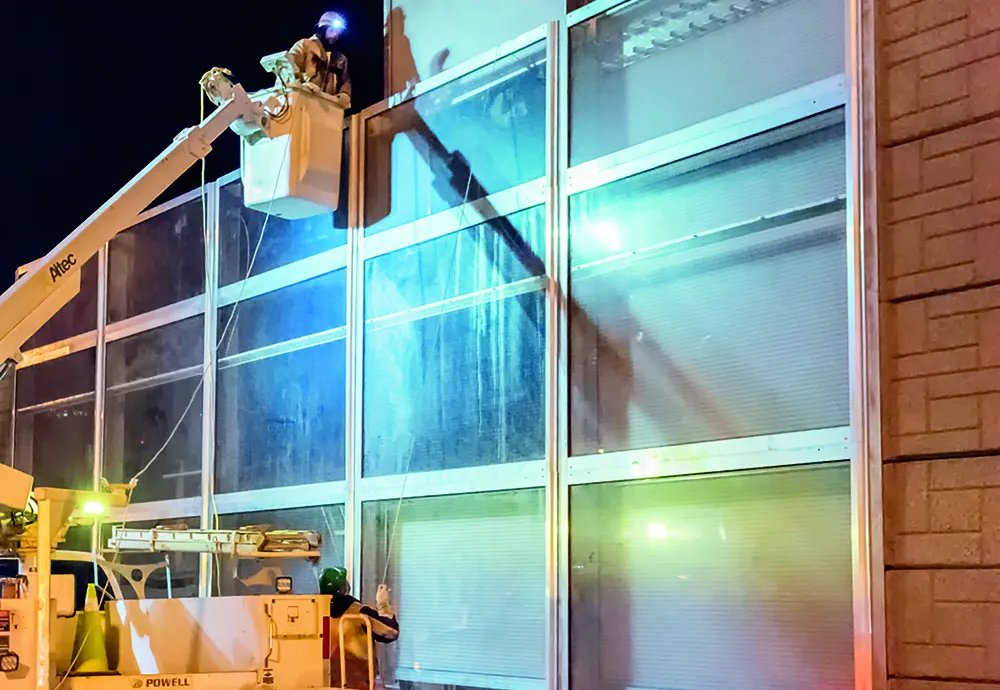Citilog is helping to contribute to the success of the Sochi Winter Olympic Games by providing its XCam-ng video traffic sensors to measure traffic queues at intersections and minimise the impact of the increased traffic on the event and on citizens.
XCam-ng sensors are designed to replace or expand on in-road magnetic loop detectors with advanced vehicle detection functions such as real time queue measurement or intersection gridlock monitoring.
Ideal for use at intersections and on-ramps, XCam sen
February 11, 2014
Read time: 2 mins
XCam-ng sensors are designed to replace or expand on in-road magnetic loop detectors with advanced vehicle detection functions such as real time queue measurement or intersection gridlock monitoring.
Ideal for use at intersections and on-ramps, XCam sensors measure vehicle queues in real time, allowing traffic signal cycles to be adapted to optimise traffic flow.
By reducing the waiting time at the intersection by 10 to 15 per cent on average, the traffic management system reduces in the same proportion the emission of pollution and greenhouse gases emissions.
Citilog will also take part in the Summer Olympics in Rio in 2016 since its XCam sensors have been deployed along the intersections of the Bus Rapid Transit (BRT) linking Rio to its suburbs.








